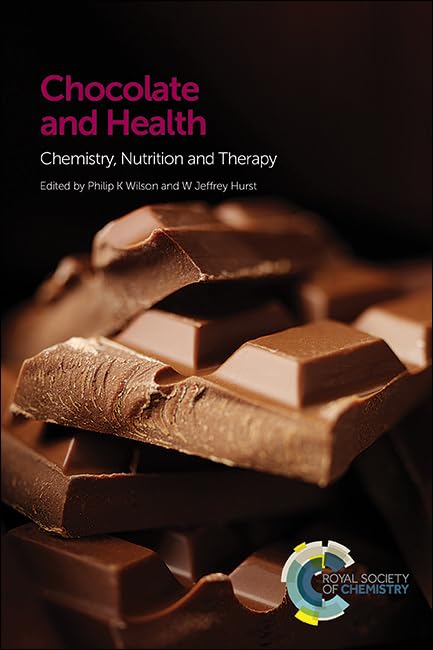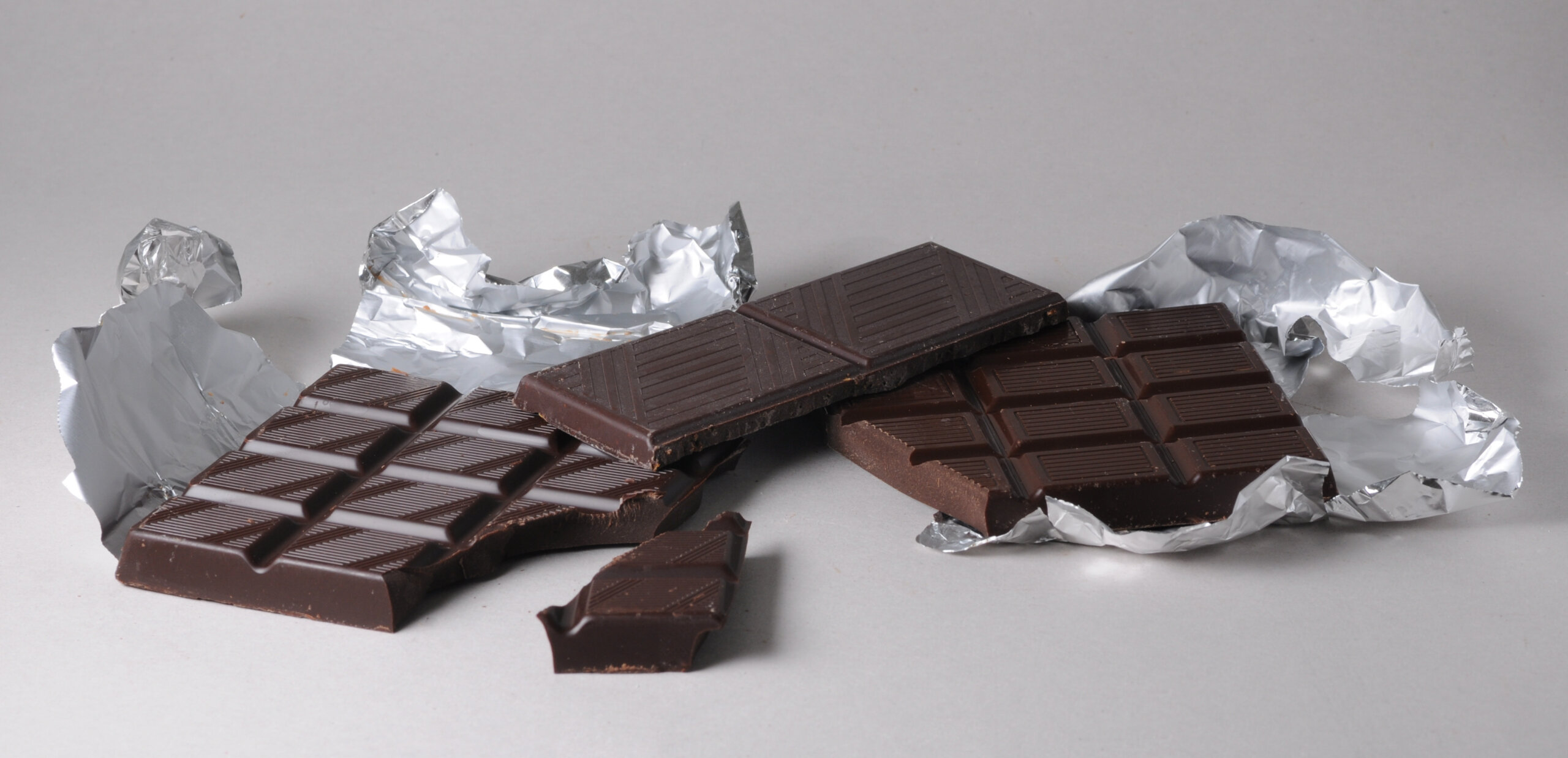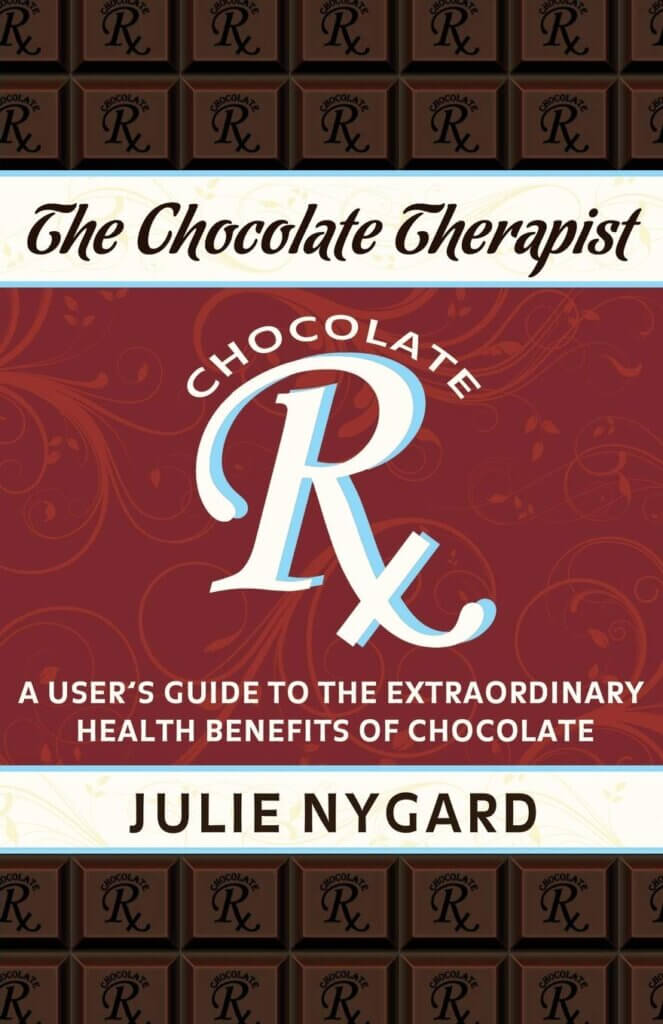“Isn’t chocolate bad for blood sugar?” Many people may have this question in mind.
However, recent studies have increasingly revealed that high-cacao chocolate can actually help improve blood sugar levels.
Dark chocolate with 70% or more cacao content is rich in cacao polyphenols, which help suppress blood sugar spikes, and dietary fiber, which slows down sugar absorption.
The diabetes prevention benefits of these components have been scientifically proven in numerous studies worldwide and have garnered attention from medical professionals.
In this article, we will delve into why high-cacao chocolate is beneficial for blood sugar control, how to consume it effectively, and important considerations for individuals with diabetes, all based on the latest scientific research.

What is High-Cacao Chocolate?
High-cacao chocolate refers to chocolate that contains 70% or more cacao.
Compared to regular chocolate, it has the following characteristics:
Classification by Cacao Content
- Dark Chocolate (70% cacao or more)
- Milk Chocolate (30-50% cacao)
- White Chocolate (Contains cacao butter, but no cacao solids)
Key Nutrients in High-Cacao Chocolate
- Polyphenols (Flavanols)
- Dietary Fiber
- Magnesium
- Iron
- Zinc

Why Is High-Cacao Chocolate Beneficial for Blood Sugar Control?
The Role of Cacao Polyphenols
Cacao polyphenols help regulate blood sugar through the following mechanisms:
Improving Insulin Resistance
- Enhances insulin sensitivity in cells
- Protects the function of pancreatic beta cells
- Improves the body’s blood sugar regulation ability
Suppressing Post-Meal Blood Sugar Spikes
- Slows carbohydrate digestion
- Stimulates insulin secretion
- Prevents blood sugar spikes
Supporting Gut Health
- Promotes the growth of beneficial gut bacteria
- Improves the gut microbiome
- Reduces rapid sugar absorption
The Benefits of Dietary Fiber in High-Cacao Chocolate
The dietary fiber in high-cacao chocolate has the following effects:
- Slows down sugar absorption in the digestive tract
- Moderates post-meal blood sugar increases
- Prolongs satiety, helping to manage hunger
Low-GI Characteristics of High-Cacao Chocolate
High-cacao chocolate is classified as a low-GI food, meaning it has a gradual effect on blood sugar levels:
- Lower GI than regular chocolate
- Gradual absorption of carbohydrates
- Contributes to stable blood sugar levels over time
The Role of High-Cacao Chocolate in Diabetes Prevention
Mechanisms Behind Its Preventive Effects
The components in high-cacao chocolate contribute to diabetes prevention through multiple mechanisms:
Enhancing Metabolic Functions
- Promotes insulin function
- Supports blood sugar stabilization
- Protects pancreatic function
Improving Vascular Health
- Antioxidant effects protect cells
- Enhances endothelial function
- Reduces chronic inflammation
Preventing Blood Sugar Spikes
- Helps suppress post-meal blood sugar surges
- Slows sugar absorption
- Supports long-term blood sugar control
Clinical Studies Supporting Its Benefits
Multiple studies have demonstrated that regular consumption of high-cacao chocolate can effectively improve blood sugar levels. Key findings include:
- Lower fasting blood glucose levels
- Improved insulin sensitivity
- Better long-term blood sugar management
- Reduced risk of diabetes-related complications

Additional Health Benefits of High-Cacao Chocolate
Cardiovascular Benefits
Cacao polyphenols have been found to support cardiovascular health through multiple effects:
Lowering Blood Pressure
- Flavanols in cacao help dilate blood vessels, reducing blood pressure
- Particularly effective in lowering systolic blood pressure
Preventing Atherosclerosis
- Antioxidant effects reduce oxidative stress in blood vessels
- Slows the progression of arterial plaque buildup
- Improves endothelial function
Improving Cholesterol Levels
- Reduces LDL (bad cholesterol)
- Increases HDL (good cholesterol)
Cognitive Benefits
High-cacao chocolate also promotes brain health:
- Enhances cognitive function by improving brain blood flow, boosting memory and concentration
- Particularly beneficial for maintaining cognitive health in older adults
- Provides relaxation benefits due to the effects of theobromine and magnesium, reducing stress and promoting emotional stability
Beauty and Skin Benefits
High-cacao chocolate offers several beauty-enhancing effects:
Anti-Aging and Skin Health
- Antioxidant properties prevent skin aging
- Improves circulation, reducing skin dullness
- Stimulates collagen production, supporting skin elasticity

⚠️ Important Considerations When Consuming High-Cacao Chocolate
🍫 Recommended Daily Intake and Best Consumption Practices
- Recommended daily intake: 20-30g
- Optimal timing: After meals
- Best choice: Select chocolate with 70% or higher cacao content
🔥Caloric and Sugar Content
While high-cacao chocolate has health benefits, portion control is essential:
- Calories per 100g: Approximately 500-600 kcal
- Sugar content per 100g: Around 30-40g
🩺Special Considerations for Diabetic Individuals
If you have diabetes, take the following precautions:
✅ Monitor Your Intake
- Limit intake to around 20g per day
- Consume in small portions after meals
- Avoid eating on an empty stomach
✅Check Sugar Content
- Always review the nutrition label
- Higher cacao content usually means lower sugar levels
- Factor it into daily carbohydrate intake calculations
✅Consult Your Doctor
- Ensure compatibility with your current treatment plan
- Monitor for blood sugar fluctuations
- Get regular medical check-ups
⚠️Other Individuals Who Should Exercise Caution
It is advisable to consult a doctor before consuming high-cacao chocolate if you:
- Are sensitive to caffeine
- Have sleep disorders
- Are on medication for high blood pressure
Summary – The Health Benefits of High-Cacao Chocolate
- Proven to help control blood sugar levels by reducing spikes
- Enhances insulin sensitivity, contributing to diabetes prevention
- Protects vascular health by improving endothelial function
- Reduces bad cholesterol (LDL) and prevents atherosclerosis
- Improves cognitive function and memory
- Lowers blood pressure, promoting cardiovascular health
- Provides stress relief and relaxation
- Offers anti-aging and skin benefits
- Supports gut health due to its high dietary fiber content
- Supplies essential minerals like magnesium and zinc
- Optimal intake is 20-30g per day for maximum benefits
- Chocolate with 70% or higher cacao content is most effective
- Best consumed after meals
- Diabetic individuals should consult their doctor before regular intake
- Those with high blood pressure should seek medical advice before consumption
References & Citations
Academic Studies & Research Reports
- Grassi D, et al. (2021) “Cocoa, Blood Pressure, and Cardiovascular Health” Journal of Agricultural and Food Chemistry, 69(1):230-239
- Latif R. (2020) “Health Benefits of Cocoa” Current Opinion in Clinical Nutrition & Metabolic Care, 23(3):189-195
- Martín MA, et al. (2023) “Cocoa Flavanols: Beneficial Effects on Cardiometabolic Health” Antioxidants, 12(2):345
Guidelines & Reports from Public Institutions
- Ministry of Health, Labour and Welfare (Japan) “Dietary Intake Guidelines for Japanese” (2020 Edition)
- National Institute of Health and Nutrition (Japan) “Functional Foods Effectiveness Evaluation Report” (2022)
- Ministry of Agriculture, Forestry, and Fisheries (Japan) “Cacao Production and Distribution Report” (2023)
Guidelines from Professional Associations
- Japan Diabetes Society “Diabetes Treatment Guidelines” (2023 Edition)
- Japanese Society of Hypertension “Hypertension Treatment Guidelines” (2024 Edition)
Disclaimer: The content in this article is based on the above references and may be updated based on new research findings. Individual health effects may vary.

